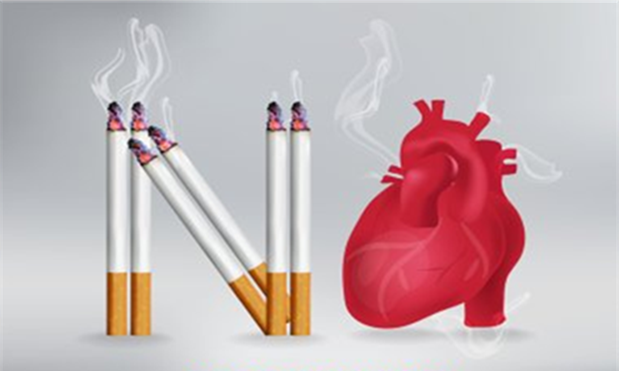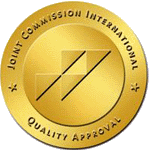The effect of smoking on the development of arterial hypertension

Many people know about the dangers of smoking for the lungs, but few people think about its impact on the development of cardiovascular diseases.
Smoking, even infrequent smoking, contributes to blood vessel damage and the development of cardiovascular disease. It manifests itself as “tobacco hypertension” - an increase in blood pressure that occurs when smoking.
Hypertension is a serious disease and affects many people, but it is not always detected. According to the World Health Organization, many people are unaware that they have high blood pressure because hypertension can often be asymptomatic. The development of hypertension is influenced by uncontrollable factors such as age and family history (presence of the disease in relatives). But there are also controllable factors such as nutrition, physical activity and smoking. An unhealthy diet high in saturated fats, insufficient consumption of vegetables and fruits, and low physical activity increase the risk of developing hypertension.
In smokers, the risk of arterial hypertension and the progression of this disease is 5 times more common than in non-smokers. Nicotine entering the body through smoking causes activation of the adrenal glands and the release of adrenaline, the stress hormone, which develops vasospasm and increased heart rate. Smokers' blood clots faster and the risk of blood clots increases.
Among smokers, the popularity of electronic cigarettes, vapes, hookahs and other tobacco heating systems is growing. As with smoking tobacco, many mixtures for electronic cigarettes contain nicotine, which affects the cardiovascular system. E-cigarettes, vapes and hookahs typically take longer to smoke than regular cigarettes. Therefore, even with a lower concentration of toxic substances, they still have a negative effect on the smoker’s body and switching from regular cigarettes to electronic ones will not help.
Smoking also causes worsening of vascular atherosclerosis, a condition in which connective tissue grows in the vessels, resulting in thickening of the vessel walls and increased pressure.
In addition, smoking increases the level of “bad” cholesterol. Nicotine enhances the breakdown of fatty acids and increases their content in the blood, which entails a violation of fat metabolism. As a result, the risk of cholesterol plaques appearing on the walls of blood vessels and narrowing their lumen increases. To push blood through narrowed vessels, the heart has to work harder and increase blood pressure.
Carbon monoxide (carbon monoxide), being a toxic component of tobacco smoke, combines with hemoglobin, transporting oxygen to organs and tissues, forming carboxyhemoglobin. As a result, the blood becomes unable to carry sufficient oxygen from the lungs to the tissues, which leads to disruption of the oxygen supply to the heart muscle and contributes to the development of coronary heart disease.
Continuing to smoke in people with existing arterial hypertension is extremely dangerous and can cause serious complications.
It is important to remember such serious complications of arterial hypertension as:
- coronary heart disease – myocardial infarction
- cerebral hemorrhage - stroke
- renal failure
- hemorrhage in the eyeball
- atherosclerosis
Smoking significantly increases the risks of developing cardiovascular diseases and premature death, and in combination with arterial hypertension, these risks increase significantly among young, able-bodied males.
Quitting smoking and subsequent restoration of blood vessels helps control blood pressure and prevent possible complications with the cardiovascular system in the future.
The most effective measure of primary and secondary prevention of cardiovascular pathology is just quitting smoking!
It is important! Smoking is a manageable risk factor and this is a factor that every person can change himself!
Take care of your health!




